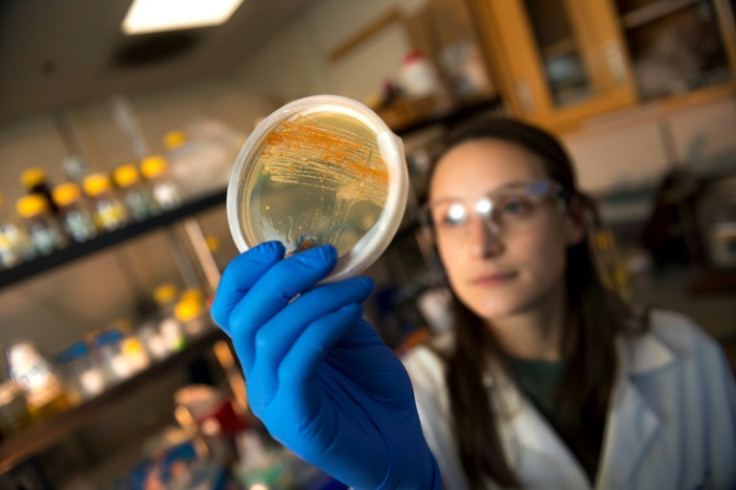KEY POINTS
- Researchers said further testing is needed before it can be used in the healthcare system
- The new tool scored better than the current medical methods for detecting cancer growth
- Cancer remains to be the leading cause of death worldwide
Medical experts from the United Kingdom have designed an artificial intelligence (AI) model that can detect cancer at its early stages, which could fast-track diagnosis and treatment.
The AI model, created by doctors, scientists and researchers at the Imperial College London, Institute of Cancer Research, London and Royal Marsden NHS foundation trust, is designed to identify if the abnormal growths in CT scans are cancerous.
A study published in the eBioMedicine journal of the Lancet Discovery Science has found that algorithms are much better equipped at looking for abnormal growths in the body than currently available methods.
“In the future, we hope it will improve early detection and potentially make cancer treatment more successful by highlighting high-risk patients and fast-tracking them to earlier intervention,” Dr. Benjamin Hunter, a clinical oncologist registrar at the Royal Marsden NHS Foundation Trust and a clinical research fellow at the Imperial College London, said according to a report by the Guardian.
The medical team of experts used CT scans of 502 patients from five U.K. centers with large lung nodules, which have the highest risk of malignancy, in developing an AI algorithm using radiomic signature. This method could accurately process the information on medical images usually missed by the human eye.
The team determined if the model could predict cancerous growths effectively using a measure called area under the curve (AUC). An AUC score of 1 means that it has perfect models, while 0.5 means that it’s just randomly guessing. The AI model got an AUC score of 0.87. The result was better than the score of the Brock, the method currently used, which was only at 0.67, as well as the 0.83 rating of another technique called the Herder.
The model could help medical doctors make quicker decisions on patients with abnormal growths and at medium risk. And if the AI model would be used along with the Herder, it could identify high-risk patients and would have suggested early intervention for 18 out of 22 (82%) patients whose nodules were confirmed as cancerous, said the study.
“According to these initial results, our model appears to identify cancerous large lung nodules accurately,” Hunter said. “Next, we plan to test the technology on patients with large lung nodules in [the] clinic to see if it can accurately predict their risk of lung cancer.”
While the results have been promising, the research team said that the study – called Libra – is still in its early stages and would require further tests before the model can be used in healthcare systems. However, they said that its potential benefits are already clear.
“Through this work, we hope to push boundaries to speed up the detection of the disease using innovative technologies such as AI,” said Dr. Richard Lee, the Libra research team’s chief investigator.
The World Health Organization lists cancer as the leading cause of death worldwide. The disease accounts for 10 million deaths annually, or nearly one in six deaths.
















